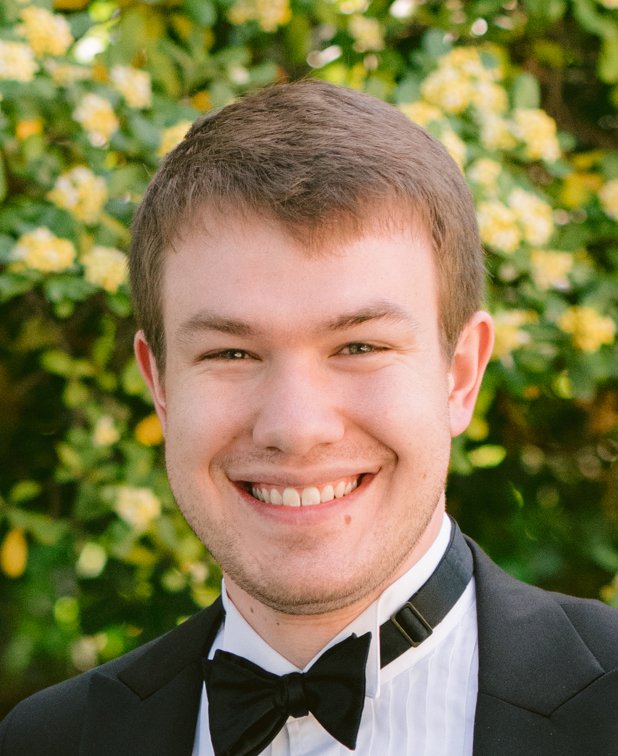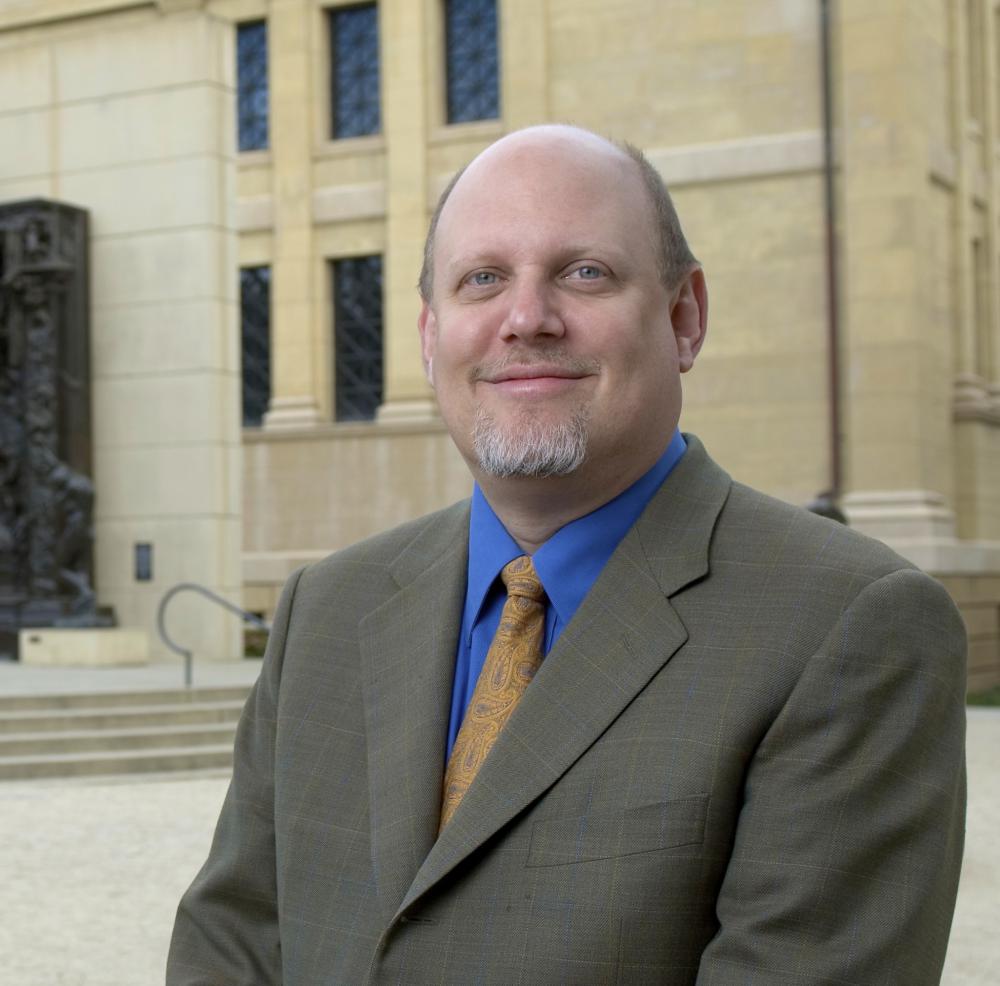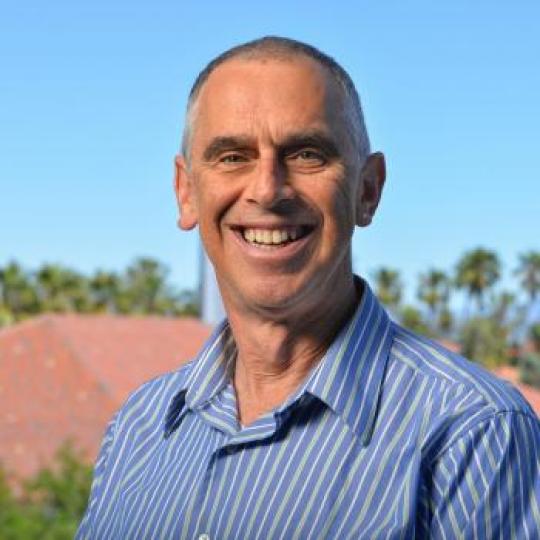
Recent allegations over a controversial scientist highlight challenges for regulating medical genetics.
In November 2018, Chinese researcher He Jiankui announced the birth of genome-edited twins, for whom he claimed to have knocked out CCR5, the part of white blood cells where HIV binds itself. The scientific community quickly condemned He’s clinical trial, which flouted bioethical norms, disregarded global consensus on appropriate uses of genome editing technologies, and failed to meet critical technical requirements.
In 2015, we proposed a regulatory framework and ethical norms governing pre-clinical, clinical, and post-market approval of CRISPR germline editing therapies (CGETs)—technology for editing genes in a way that produces heritable changes.
Our framework aligns with ethical consensus: that any CGET must “secure the welfare of” and be “consistent with the welfare of a person who may be born as a consequence” and “should be permitted only in circumstances in which it cannot reasonably be expected to produce or exacerbate social division or the unmitigated marginalization or disadvantage of groups within society.”
There is also a consensus that genetic editing should only take place after “much more research aimed at meeting existing risk-benefit standards for authorizing clinical trials, and even then, only for compelling reasons, and under strict oversight.” Furthermore, it is essential to approach this research with caution and with broad public input.
He’s research violated four major principles we set forth in our framework.
First, it did not meet our framework’s risk assessment standards as it provided insufficient patient benefits to justify the risks. In our regulatory framework, we argued that proposals for CGETs should establish a clear medical benefit that cannot be achieved by alternative therapies. Thus, there are two classes of genetic disorders that might merit CGETs: disorders for which therapeutic effect is not possible through pre-implantation genetic diagnosis—to screen out genetic defects in embryos—and disorders for which CGETs would benefit a large potential patient population.
Although the population affected by HIV and AIDS is indeed large, He’s approach does not pass the test of clear medical benefit, as couples committed to conceiving through in vitro fertilization (IVF) may opt for a less risky alternative: sperm washing to eliminate the risk of HIV transmission. Furthermore, 3-drug antiretroviral therapies (ART) regimens are widely available, affordable (in contrast to the expenses of IVF), and can bring viral load low enough to have unprotected sex without transmission. Thus, there is no clear benefit to CRISPR editing of CCR5—the receptor for HIV—in the population already served by existing ART drugs and public health measures.
Second, He’s research violated the oversight portion of our regulatory framework. We have argued that, once a proposed CGET has been approved, it should be supervised by its stakeholders: researchers, physicians, ethicists, and community members with non-conflicting interests. Inherent to our recommendation are the notions of transparency and ongoing discussion with the public about the societal ramifications of CGET research—a topic that conventional institutional review boards are prohibited from considering.
Although He previously expressed support for open dialogue in a manuscript drafting ethical principles, there is no indication that such public dialogue or research oversight by relevant stakeholders took place. At a recent summit, He stated that Shenzhen University “was unaware that these studies were conducted,” despite filing for approval through the University’s Medical Ethics Committee (Ref. No. 20170307) and the China Clinical Trial Registry (ChiCTR1800019378). The approval granted in March 2017 has since been rescinded for “failure to provide participant data for receiving safety and validity of CCR5 gene editing,” suggesting poor adherence to the pre-stated guidelines. He’s research was self-funded and conducted largely in secret, without the possibility of proper oversight.
Third, He’s research failed to meet our framework’s technical standards. Our framework stressed that CGET safety and efficacy must be validated through robust, peer-reviewed, pre-clinical research before beginning clinical trials. Furthermore, clinical trials should be immediately suspended if safety concerns arise.
Although He claims to have conducted extensive pre-clinical animal research in a multi-generational model prior to beginning human trials, this work was not published or otherwise made publicly available. And He failed to end his research even though both embryos he transferred showed red flags for safety. Both embryos exhibited mosaicism, while one demonstrated evidence of an off-target mutation, both red flags for safety. In addition, one of the embryos was heterozygous for the desired gene edit, making the edit’s potential clinical utility unclear. This knowledge was available prior to embryo transfer, so it is important to ask why He transferred an embryo with potentially deleterious genetic changes and no certain therapeutic benefit.
Finally, He’s research failed to obtain informed consent from his participants. As with any reproductive technology, informed parental consent is critical to CGETs—especially given the potential for unanticipated multigenerational side effects of a germline edit. Our framework specified that informed consent documents and genetic counseling would be geared towards full disclosure of benefits and adverse events based on earlier pre-clinical data.
He’s application of CRISPR concerned a vulnerable patient population subject to societal stigmas about HIV infection. He should have taken special care to gauge a patient’s general education level, understanding of HIV and AIDS, and the potential therapeutic effects of CCR5 germline editing. The expense of IVF may have unduly influenced low socio-economic status families and encouraged them to volunteer for the trial.
He stated that the couples involved were “educated” and that he personally obtained informed consent after reading NIH guidelines. He, however, is neither a physician nor is he trained in clinical trial design and thus was not qualified to address medical concerns. He’s informed consent documentation failed to fully disclose the risks and benefits of CGETs.
In conclusion, we find that He’s clinical trial on CCR5 editing of human subjects violates the guidelines suggested in our regulatory framework for CGETs in several ways. Although germline editing technologies may hold therapeutic potential, it is crucial that their development and clinical application adhere to elevated ethical and technical standards to mitigate the risks of improper use and transgenerational harm to patients. On a broader level, He’s actions eroded the public’s trust in researchers and clinicians to act in the best interest of their trial subjects and patients.
Asked at the summit about his responsibility to the future, He stated that his role was to accumulate knowledge and “it is up to society to decide what to do next.” In fact, society had already decided, but He did not listen.







